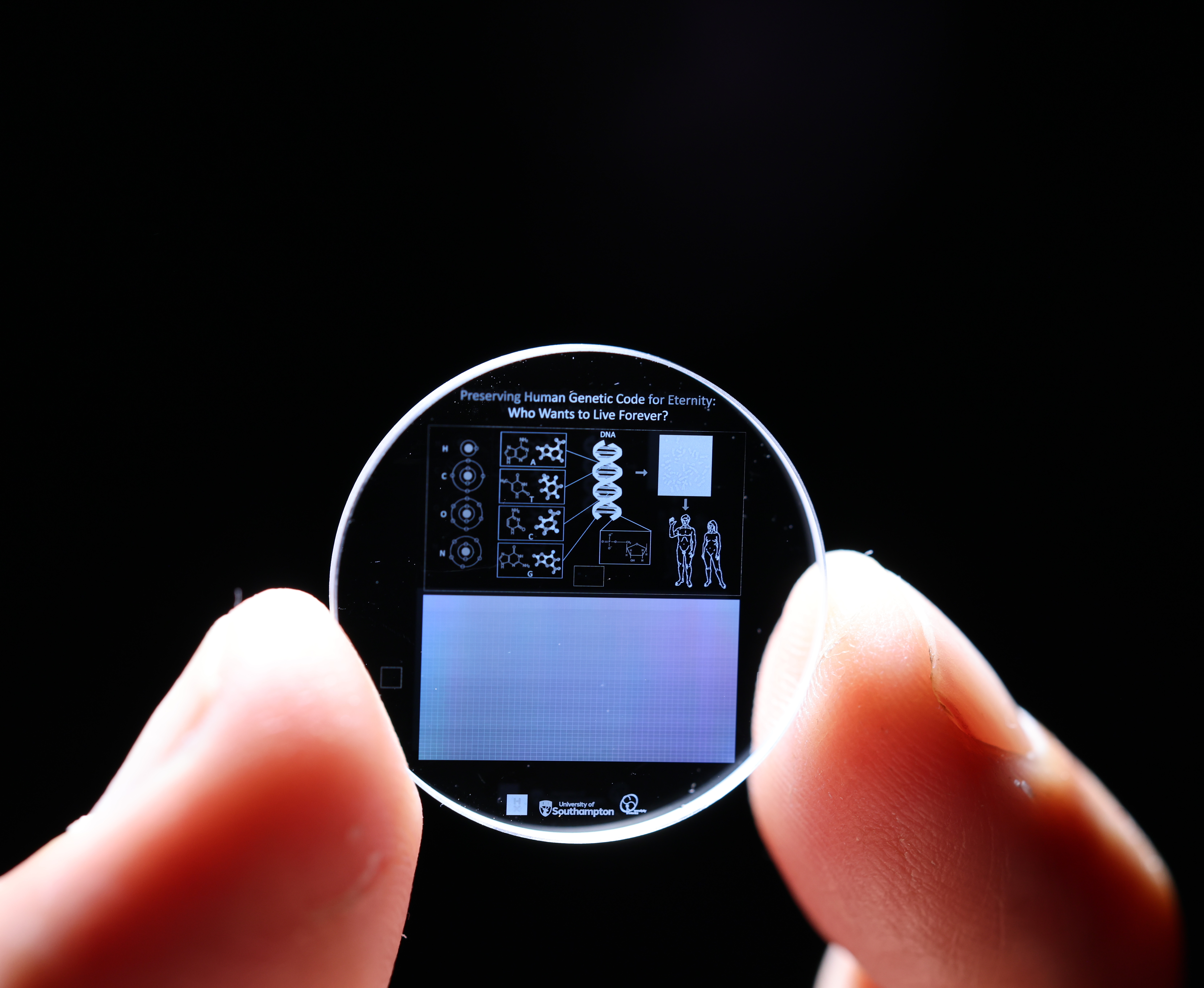
Adapted from ACS Nano 2024, DOI: 10.1021/acsnano.4c08557
It’s almost time to dust off the Halloween decorations and adorn the house with all manner of spooky things, including the classic polyester spider webs. Scientists reporting in ACS Nano have made their own version of fake spider silk, but this one consists of proteins and heals wounds instead of haunting hallways. The artificial silk is strong enough to be woven into bandages that helped treat hoint injuries and skin lesions in mice.
Spider silk is one of the strongest materials on Earth, technically stronger than steel for a material of its size.
However, it’s tough to obtai...
Read More








Recent Comments